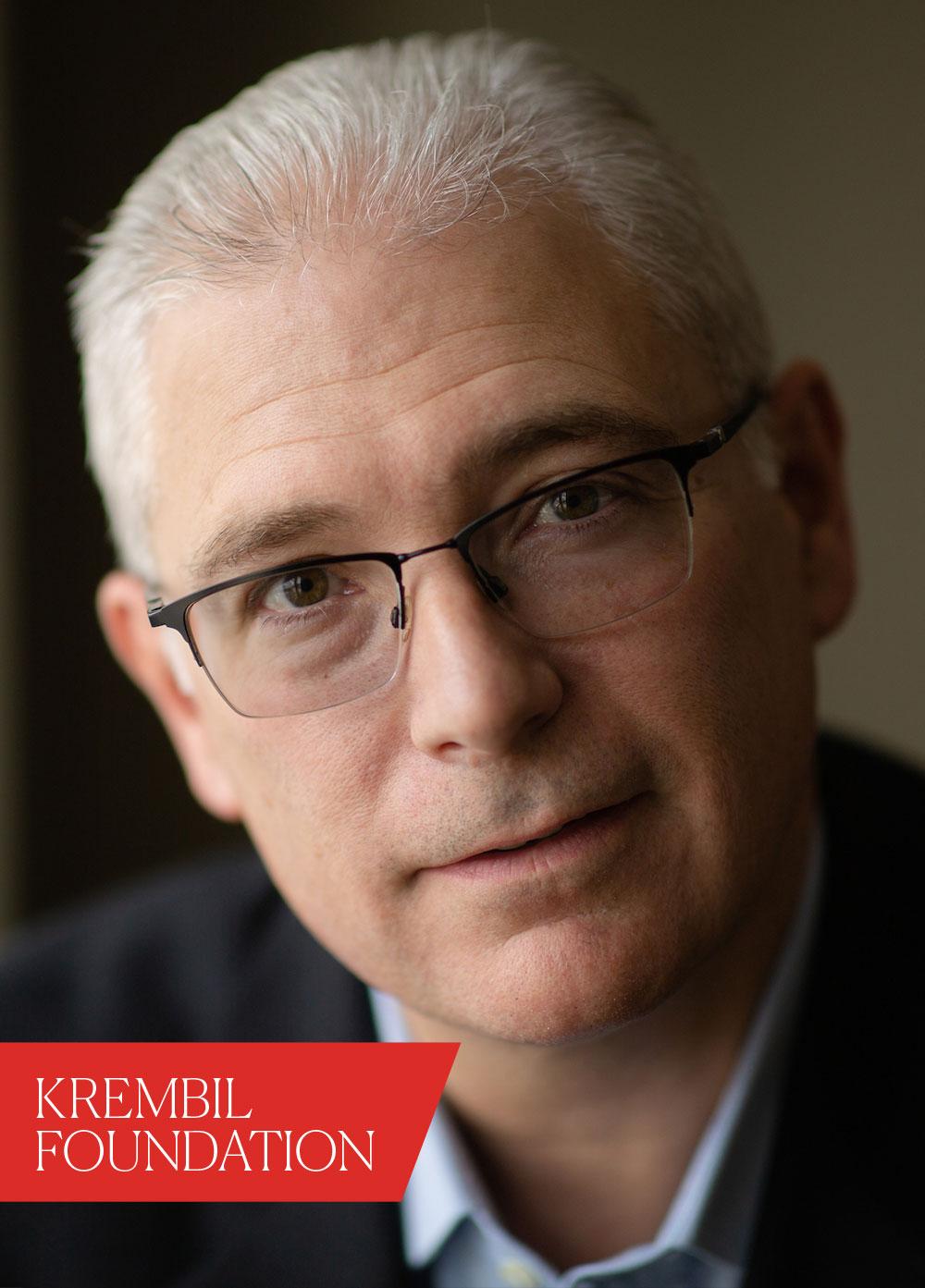Behind the gift: Celebrating the importance of basic science

Sinai Health’s Lunenfeld-Tanenbaum Research Institute (LTRI) and the Krembil Foundation share a deep appreciation for the importance of basic science.
The LTRI is Sinai Health’s engine of innovation and discovery. Our scientists examine the entire human life course from prenatal period to old age and push boundaries for health solutions. Often examining the basic foundational understanding of how our cells work, it is here that LTRI’s scientists sparked the interest of the Krembil Foundation.
Support for basic science has always been a priority for the Krembil Foundation, who focuses their funding on two main areas of scientific investigation: neurodegeneration, and autoimmune and arthritic diseases. It is these areas of interest that led them to the LTRI. From 2008 to now, the Krembil Foundation has committed more than $20 million to support the research of several of LTRI’s most prominent scientists, including Drs. Gingras, Wrana, Schramek, Pelletier, Durocher, and Bremner.
“We initially invested in brain research to support an underfunded area with the potential for significant human impact. To this day, less is known about the brain than the rest of the body and, because of this, therapies for diseases and conditions that afflict the brain are far less developed,” says Mark Krembil, President and Chief Executive Officer of the Krembil Foundation.
“We have made the strategic decision to fund ‘basic science’ projects that will help fill the gaps of knowledge that inhibit effective treatments,” he continues. “We are inspired by research that strives to uncover the mechanisms of complex diseases, like Alzheimer’s Disease, through novel and innovative methods. The hypothesis is the hook that draws us in, but the person behind the research also plays an important role in our decision making. We look for Principal Investigators who are undeterred by how little we understand about the brain (or immune system), are asking the thoughtful ‘what ifs’ that lead to breakthroughs and appear to have the fortitude and resilience to keep asking those questions until a breakthrough is found.”
Basic science - which is often the area that LTRI investigators focus on - can be a hard sell to the public, but Mark Krembil and the Krembil Foundation have an interesting approach to why basic science matters. “Basic science is more complex and necessary than the label suggests, which is probably one of the reasons it is underfunded. Alzheimer’s Disease is a daunting problem to tackle. We want a ‘right now’ solution to support the people suffering right now, but the truth is that little is understood about the disease or the brain itself and the clinical research occurring is focused on symptoms not causes. While clinical support is needed, without basic research to help uncover the mechanisms of the disease we cannot hope to cure it. We are looking at a puzzle that is missing too many pieces to solve. Basic research helps uncover those pieces. There is something hopeful about basic research. When a clinical trial fails it is devastating, but when a basic research project “fails” we can still learn a lot from that work. A failed hypothesis could be the start of a new project that tells us more about the brain and the conditions that afflict it. Research published today will be the building blocks to future breakthroughs we just don’t have all the pieces to see it yet.”
“What brings the Krembil Foundation back to the LTRI year after year are the talented and innovative researchers hosted there. The hope for our ongoing relationship is to support research projects led by innovative and persistent scientists that will lead to scientific discoveries and ultimately advancements in medicine,” concludes Mark Krembil.
Thank you to the Krembil Foundation for your ongoing support of LTRI.










